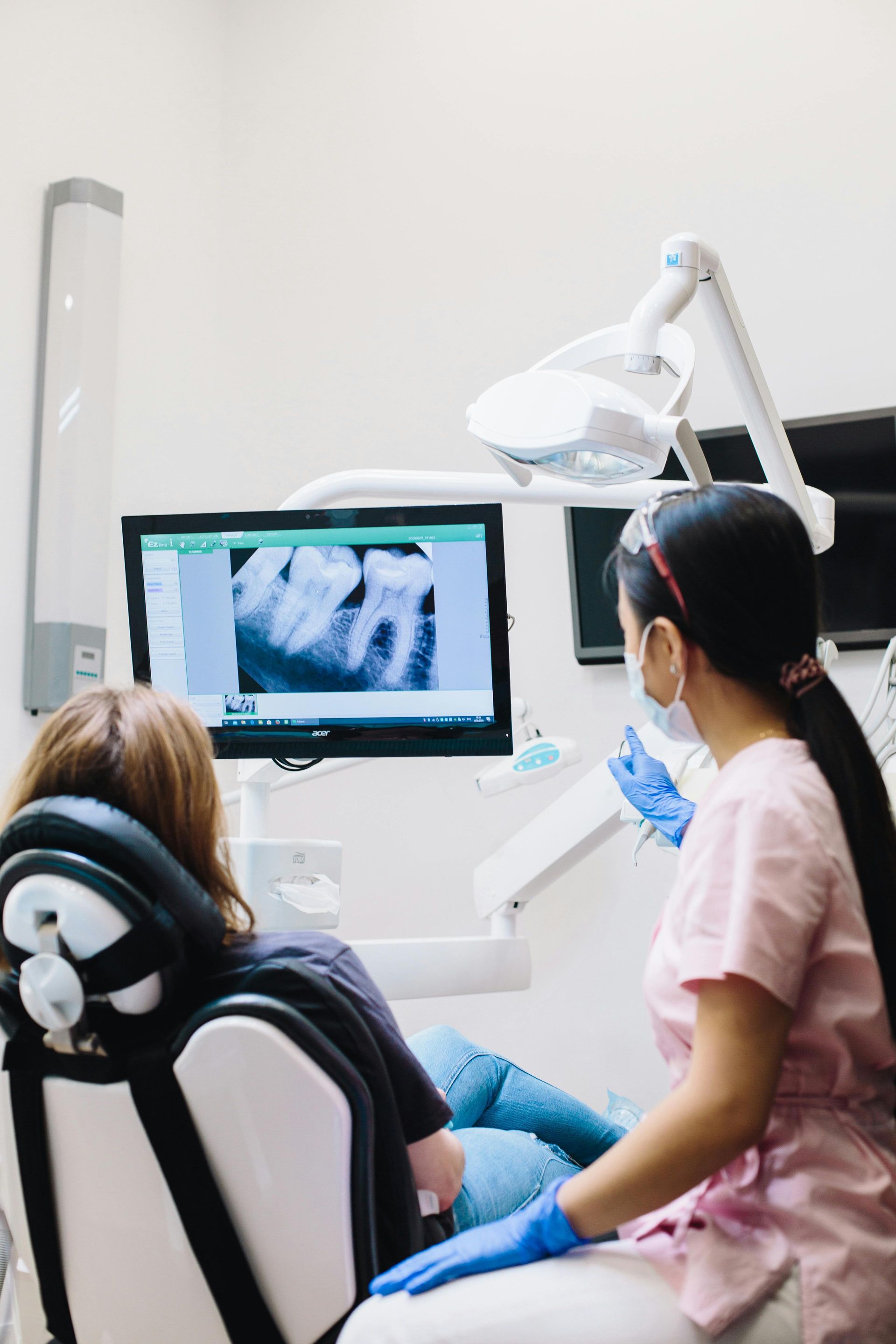Sudden Tooth Pain? Learn How to Treat Sensitive Teeth Effectively!
Experiencing a sudden flash of pain or a mild tingling sensation when biting into sweet or sour foods or sipping hot or cold beverages? You may be dealing with sensitive teeth. This discomfort can be intermittent; however, if you’re experiencing constant pain, it could indicate a more serious underlying issue. It’s essential to discuss your symptoms with your dentist to identify the cause and find the appropriate treatment.

What Causes Tooth Sensitivity?
Sensitive teeth are often a result of exposed dentin. In healthy teeth, this porous tissue is protected by the gums and the hard enamel layer. Microscopic holes in the dentin, known as tubules, connect to the nerves within the tooth. When these tubules are exposed to certain foods or beverages, irritation occurs, triggering pain. Common causes of dentin exposure include:
- Receding Gums: Often caused by improper brushing techniques or gum disease.
- Fractures or Chipped Teeth: Damage can expose sensitive areas of the tooth.
- Teeth Clenching or Grinding: These habits wear down enamel, exacerbating sensitivity.
If you’re experiencing tooth sensitivity, consult your dentist about the various treatment options available to help alleviate discomfort.
The Role of Fluoride in Preventing Tooth Decay and Sensitivity
Tooth enamel, the hard outer layer of your teeth, is composed of tightly packed mineral rods. When you consume food, acids can form and seep into the enamel’s pores, leading to demineralization. This process creates weak spots in the enamel, which, if left unaddressed, can result in tooth decay and cavities. When a cavity forms, a dental filling may be required. Allowing decay to progress can lead to nerve penetration, potentially resulting in an abscess and necessitating root canal treatment.
How Fluoride Helps
Fluoride is a vital mineral that helps prevent tooth decay by:
- Slowing Enamel Breakdown: It strengthens the enamel and makes it more resistant to acid attacks.
- Enhancing Remineralization: Fluoride speeds up the process of remineralizing weakened enamel, helping to repair early signs of decay.
Common sources of fluoride include
- Fluoridated Drinking Water
- Toothpaste with Fluoride
- Fluoride Mouthrinse
If you drink non-fluoridated water, inform your dentist, as they can recommend prescription fluoride alternatives to ensure you’re receiving adequate protection against tooth decay.
Concerns About Fluoride
Like many nutrients, fluoride is found naturally in soil, water, and various foods. While fluoride is generally recognized as safe for dental use when applied correctly and in appropriate quantities, some concerns exist. Excessive use of fluoride has been linked to dental fluorosis, skeletal fluorosis, neurological issues, and thyroid problems. Studies have shown that with proper technique and use, fluoride can effectively reduce cavity prevalence. However, it is crucial to avoid regularly swallowing fluoride mouth rinse or toothpaste, as these products contain higher concentrations of fluoride.
It is recommended to limit fluoride levels to 0.7 mg per liter of water. As with any substance, excess intake or exposure can be harmful. Drinking fluoridated water and using prescription fluoride have been proven beneficial in reducing cavities especially in young children or adults with high risk for cavities. As dental providers, we respect our patients' choices regarding fluoride use, but we also recognize the positive effects it can have on long-term dental health when utilized properly. If you have any questions or concerns, your dentist will be able to provide you in-depth information.
Conclusion
Sensitive teeth can be a frustrating issue, but understanding the causes and seeking appropriate treatment can help alleviate discomfort. Additionally, incorporating fluoride into your dental care routine is essential for maintaining strong enamel and preventing tooth decay. Regular visits to your dentist are crucial for monitoring your oral health and addressing any concerns early on. If you experience tooth sensitivity or have questions about fluoride, don’t hesitate to reach out to your dental provider!
Subscribe to Dr. Annie's newsletter
Thanks for subscribing! You're now part of our community, and we're excited to share some advice, recommendations, and information with you. Stay tuned for great things ahead!
Please try again later.
Latest Articles




